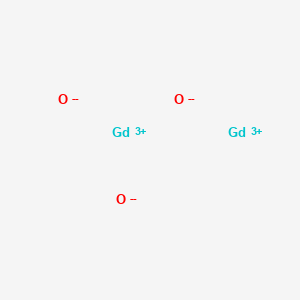From the trend of these years, genomics is becoming the dominant force in the new medical era. Based on genomics data, medical institutions can give patients more precise and personalized treatment. Pioneers such as 23andme's genetic testing services have greatly promoted the market penetration of this technology, but on the other hand, it has brought some new thinking to social ethics. 23andme is known for its $99 testing product, but it is based on low-cost access to users and data, and then sells user data to pharmaceutical companies. This business model does come at the expense of user data ownership. Gene data is very sensitive and contains information about people's longevity, health, race, intelligence, and more. In the future, genomics may tell us more things that, if leaked, can cause many problems. For example, if the person knows that the person carries the gene related to breast cancer, the insurance company may refuse to participate in the insurance; if the DNA shows that one's skills cannot meet the company's expected ability to work, his career development may be affected. On the other hand, desensitized genetic data is important for scientific advancement. Only on the basis of big data analysis can we come to a conclusion that is more in line with the real world and better realize personalized medical care. This is what many genomics scientists hope to see, through large-scale data research to find better treatments for specific populations, and to make breakthrough research in genetic diseases and immunotherapy. There is no doubt that there is a conflict between personal privacy and scientific progress. The emergence of blockchain seems to reconcile this conflict. Solve the problem of data attribution Ten years ago, countless companies discussed whether the BRCA gene could be patented. In the end, the US and Australian Supreme Courts declared the patent invalid. But can such a conclusion be used in the data attribution problem? As the provider of the data, the user does not enjoy the copyright protection of his own data, and does not benefit from the data transaction. Regrettably, there is no law that clearly defines who the owners of these data belong to. There is no legal requirement that such data should be protected by copyright. It seems that the only way to control these data breaches is to not sequence and hide the data in the body. But this is undoubtedly contrary to the pace of development of modern medicine and genomics. The economist Hernando de Soto called the blockchain an invisible hand whose system can accommodate people all over the world. Scientists in genomics seem to be trying to use this technology to solve the current genome problem. Blockchains are often used for virtual currency issuance, such as bitcoin. So what does it have to do with protecting genomic data? In fact, the application of the blockchain has long exceeded the virtual currency, but everyone is more concerned about bitcoin. Bitcoin is useful and valuable because the blockchain creates a constant, distributed way of recording that is impossible to crack. The owners of Bitcoin accounts have absolute control over their assets. Gadolinium(III) Oxide CAS No.12064-62-9 Gadolinium oxide Basic information
Gadolinium oxide Structure
Gadolinium(Iii) Oxide,Gadolinium (Iii) Oxide Msds,Gadolinium Oxide (Gd2O3),Gadolinium Trioxide,Gadolinium Trioxide Shandong YingLang Chemical Co.,Ltd , https://www.sdylhgtrade.com
Product Name: Gadolinium oxide
CAS: 12064-62-9
MF: Gd2O3
MW: 362.5
EINECS: 235-060-9
Mol File: 12064-62-9.mol

Melting point 2330 °C(lit.)
density 7.407 g/mL at 20 °C(lit.)
storage temp. Storage temperature: no restrictions.
form nanopowder
color White
Specific Gravity 7.407
Water Solubility insoluble